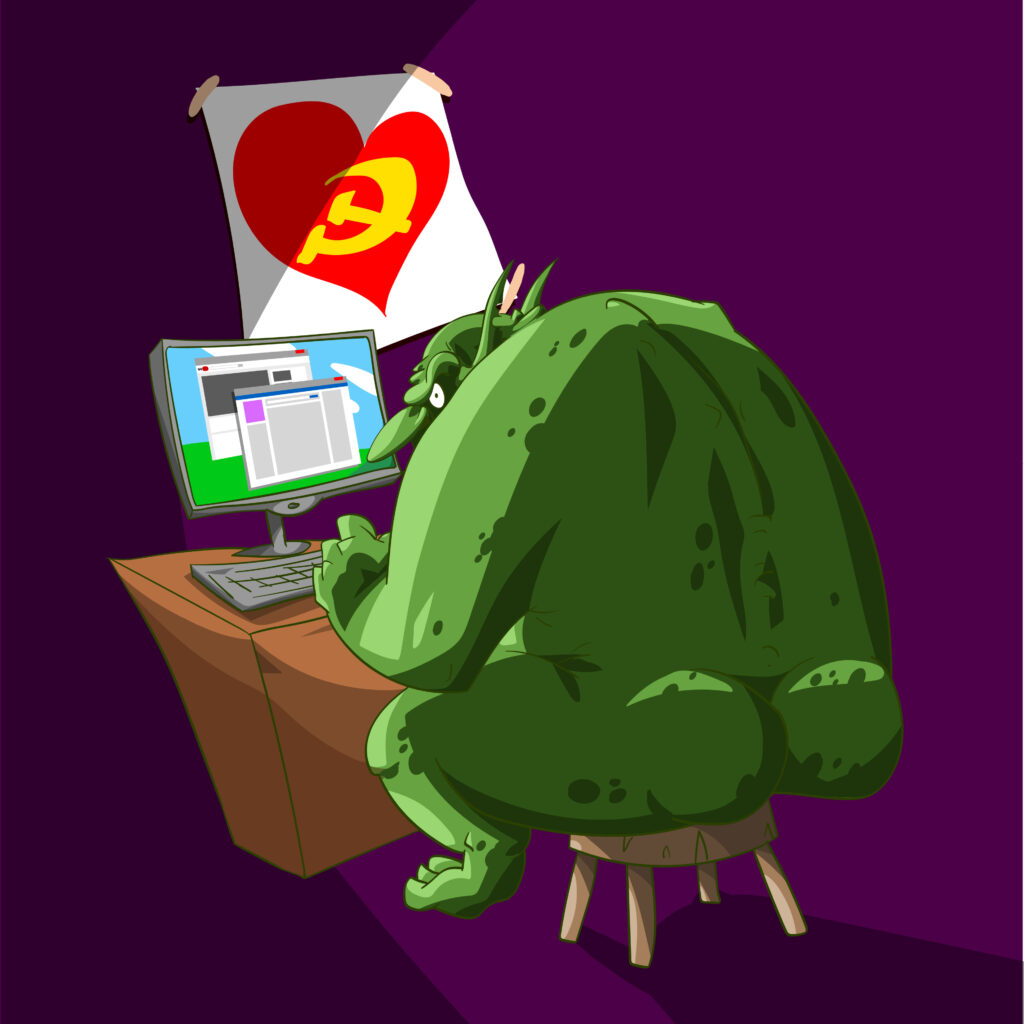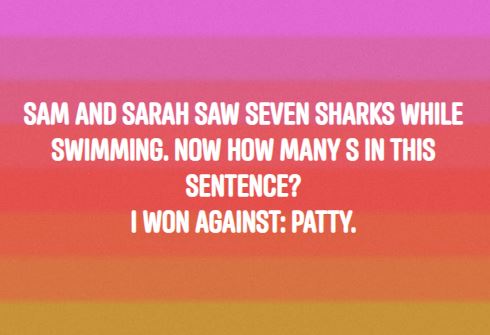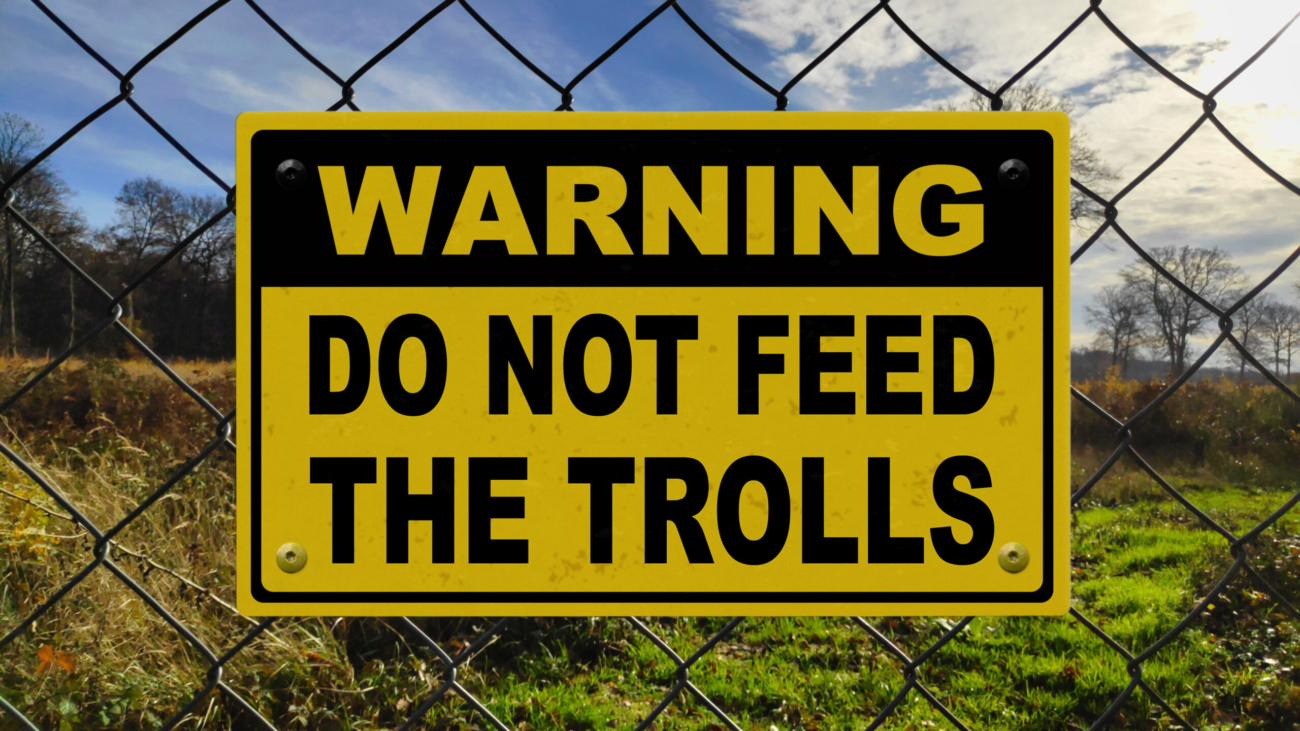The vast landscape of the internet is home to a variety of digital creatures, some harmless and others more nefarious. In this article, we delve into the major differences between trolls, internet scammers, and like farmers—three distinct entities that operate within the virtual realm with varying intentions and impacts.
Trolls

Trolls are the mischievous troublemakers of the internet. These individuals seek to provoke emotional reactions and create chaos within online communities. Trolling can take various forms, including spreading false information, engaging in inflammatory discussions, and purposefully disrupting conversations. Trolls thrive on attention and often hide behind anonymity, making it challenging to identify and confront their behavior. Unlike internet scammers, trolls generally do not have a direct financial motivation but instead revel in the disruption and discord they sow.
Internet Scammers

Internet scammers, on the other hand, have a more concrete objective: financial gain through deceit. Scammers employ a myriad of tactics to trick individuals into providing sensitive information, such as personal details or banking credentials. Common scams include phishing emails, fraudulent websites, and online schemes that promise lucrative returns. Unlike trolls, who seek attention and chaos, internet scammers are driven by a desire for financial exploitation, preying on the trust and vulnerability of unsuspecting internet users.
Like Farmers

Like farming is a relatively recent phenomenon, particularly prevalent on social media platforms. Like farmers aim to amass a large number of likes, shares, and followers by creating and promoting content designed to go viral. This seemingly harmless pursuit, however, often involves the use of deceptive tactics, such as clickbait and sensationalized content. Once these like farmers accumulate a substantial following, they may sell or exploit their accounts for financial gain or to spread a particular agenda. The primary motivation here is not necessarily to disrupt or scam but rather to build a digital asset that can be monetized or wielded for influence.





Major Differences
Motivation:
Trolls: Seek attention and chaos.
Internet Scammers: Driven by financial gain through deceit.
Like Farmers: Aim to accumulate likes, shares, and followers for various purposes.
Methods:
Trolls: Engage in provocative and disruptive behavior.
Internet Scammers: Utilize deceitful tactics for financial exploitation.
Like Farmers: Create content designed to go viral and accumulate social media engagement.
Impact:
Trolls: Create emotional distress and chaos within online communities.
Internet Scammers: Financially exploit unsuspecting individuals.
Like Farmers: Build digital assets for financial gain or influence.
Conclusion:
In the intricate web of the internet, understanding the distinctions between trolls, internet scammers, and like farmers is crucial for users to navigate the digital landscape safely. By recognizing the motivations, methods, and impacts of these entities, individuals can better equip themselves to identify and guard against the diverse challenges posed by these digital creatures. Whether dealing with disruptive trolls, deceptive scammers, or opportunistic like farmers, internet users can employ informed and vigilant practices to foster a safer online experience.
